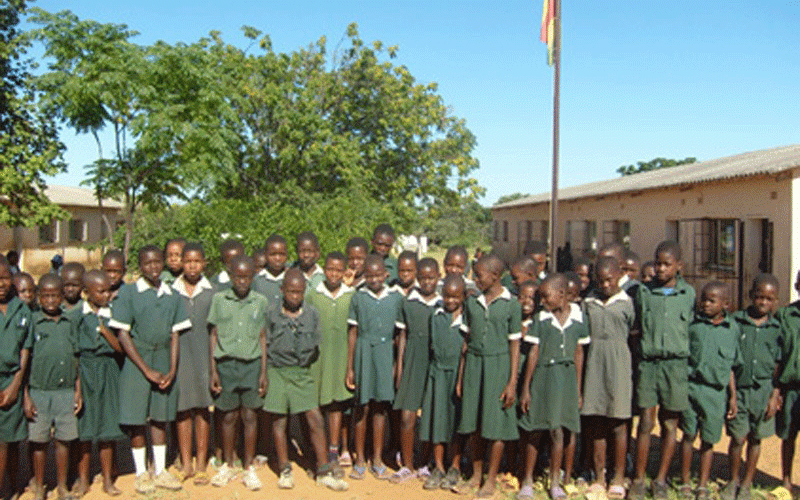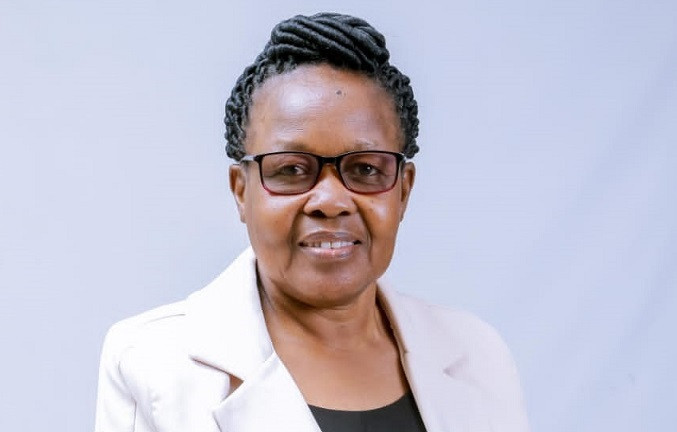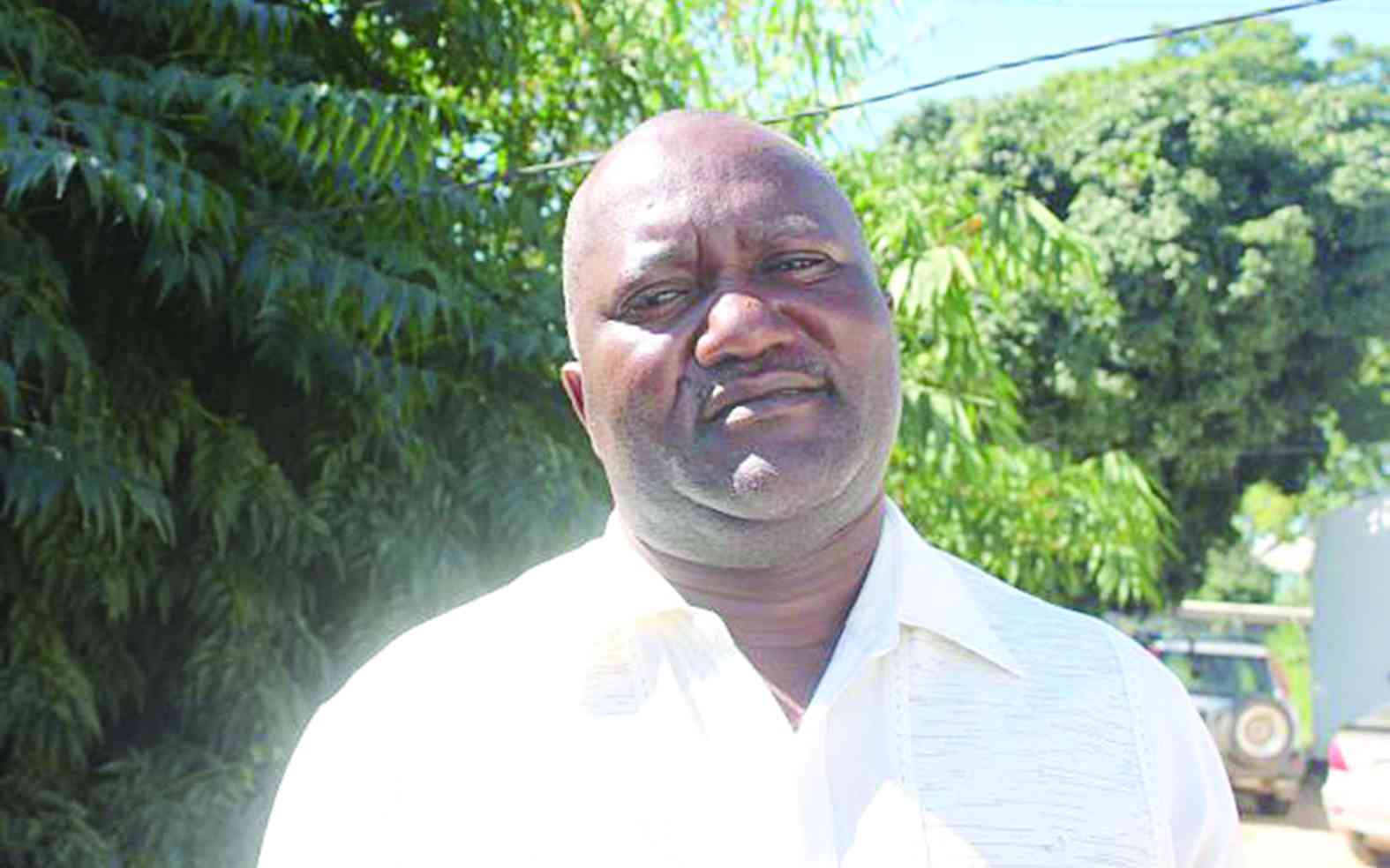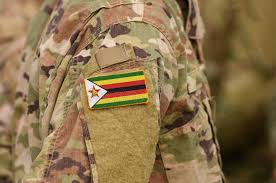Daniël Hartman Craven was an interesting character! He is known worldwide simply as Doc or Mr Rugby; he is recognised as having been an outstanding South African rugby union player, national coach, as well as later a national and international rugby administrator, while it might also be added that he was an academic, (despite rugby and academics not always appearing to be aligned), having earned doctorates in ethnology, psychology and physical education, as well as being an author.
Maybe even more interesting and astonishing is that while most of his international caps were awarded when he played at scrum-half, he also played for the national team as a fly-half, a centre and number 8.
No wonder the inter-provincial boys’ rugby tournament, in which Zimbabwe teams also regularly compete, is named Craven Week. He was someone special!
Ian MacIntosh was another successful Springbok coach (though he was denied the opportunity to coach the Springboks to their 1995 World Cup victory) and in his autobiography (‘Mac – The Face of Rugby’) he quotes from a letter that he received from Danie Craven, where the Doc wrote: “Knowledge is but one thing [while] the treatment of players is perhaps more important.
Third is the role played by the ego of the coach and this is the deciding factor in his success”.
Here then are key points for a coach to note, understand and put into practice.
Keep Reading
- Mavhunga puts DeMbare into Chibuku quarterfinals
- Bulls to charge into Zimbabwe gold stocks
- Ndiraya concerned as goals dry up
- Letters: How solar power is transforming African farms
Firstly, the coach needs knowledge of the sport; that is obvious, a given. We do not even need to consider that further.
Secondly, though, and more important, is the way that a coach treats a player.
In a school context, we must underline that that means a coach must treat children well while coaching.
He must treat them first of all as children, not as mini-adults, yet we see coaches from outside come in and shout, scream, swear at children in an effort to get them to understand a skill or perform a drill.
He must treat them individually, all having different backgrounds, motivations, abilities, interests, experiences. Do our coaches ever consider that? We must treat children well
Hennie Muller, a former Springbok captain who played under Doc Craven, underlined this second point here when he once said that “Danie’s biggest asset in his relationship with players, perhaps, is the fact that he understands them so well – their foibles, fears, hopes, their innermost thoughts.
He is able to put himself in the player’s boots.” How well is our children’s coach fulfilling that key part of coaching? Does he understand a child’s “foibles, fears, hopes, their innermost thoughts”? Or is he just filling their heads with drills, patterns, plays? Does he put himself in their tiny boots?
Most importantly, though, according to this legend and super-successful coach, was the “role played by the ego of the coach”; Craven stressed this was “the deciding factor in his success”.
The ego of the coach may well get in the way of the player’s development. In short, school sport is not, and must never be, about the coach; it is not about a winning record.
It is about the children’s development, first of all as people and only later about their sporting ability; sport is a means for the children to develop as better people. It is definitely not about the coach.
We may see the coach’s ego coming into play when he demands extra practices, when he pushes for wins, when he does not play their his substitutes, when he does not give responsibilities to his captains, when he shouts from the touchline throughout the match.
The simple fact, which may be obscured by an ego, is that there will be ‘no go with an ego’. When the ego is too big, he must go!
The word ‘craven’ has the meaning of “contemptibly lacking in courage; cowardly”, yet that would not be a word to describe the man with that surname who was forthright in his play and in his views. Yet, Jake White, himself another successful Springbok coach who led the Springboks to their first Rugby World Cup triumph, said of Craven (in article entitled ‘The Doc’s Wisdom’): “Doc’s fear was we would lose those old school values, norms, and principles in the game.”
Those are not just “old school values”; they are eternal school values and school (including school sport) must forever be about values, not least humility and integrity.
That is what we must not lose. We must not be craven and allow the egos of coaches to get in the way of our children’s development; rather we must follow Doc Craven’s prescription.
Quite simply, there must be no go with the ego.





